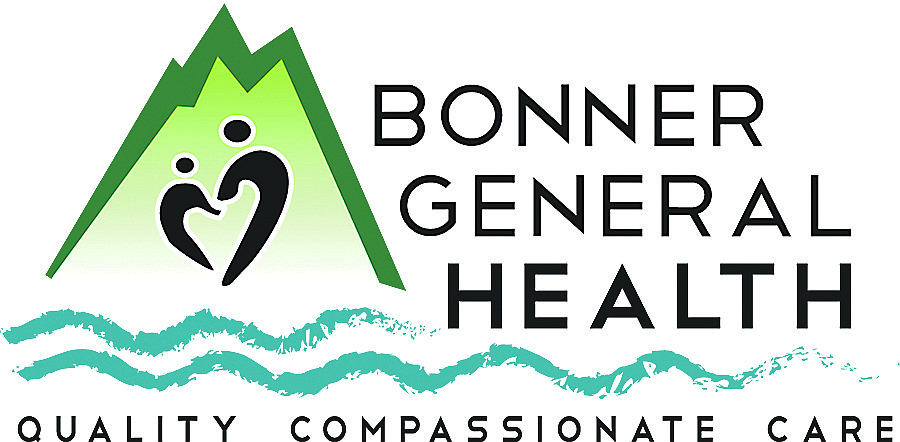The surprising benefits of giving blood
Every two seconds in the United States, a person needs a blood transfusion, which equates to one in seven hospital patients. So, it's not surprising that blood donors are needed to keep the supplies available to those in need.
What may surprise you is that giving blood can benefit your health and help save a life. I'll explain here in a minute, but first, you need to know that you can become a donor this Friday, February 16, from 10 a.m. to 1:30 p.m. at Bonner General Health's Health Services Building, 423 N. Third Ave.
Robert DeSimone, MD, is the director of transfusion medicine at New York-Presbyterian/Weill Cornell Medical Center. Regarding benefits to give, he says, "By going to donate blood, you are getting a mini-physical. Before you are allowed to donate, your vital signs will be checked to make sure you are fit enough for the procedure. This exam might turn up a condition that needs medical attention, such as high blood pressure or a heart arrhythmia like atrial fibrillation. In addition, you'll be screened for infectious diseases you may be unaware of."
Studies have shown that regular blood donation can lower blood pressure and reduce your risk for heart attacks. What?
"It definitely helps to reduce cardiovascular risk factors," Dr. DeSimone said. "If your hemoglobin is too high, blood donation helps to lower the viscosity of the blood which has been associated with the formation of blood clots, heart attacks, and stroke."
Another surprise is that some research shows that regularly donating blood can reduce your risk for some cancers. It has to do with reducing the iron in the blood. Speaking of iron in the blood, some people have excess iron in their blood, which can cause liver, heart, and pancreatic problems. Their blood must be removed, and that blood can be used for a patient in need.
Vitalant (www.vitalant.org) is one of the country's largest nonprofit blood and biotherapies healthcare organizations. They collect and distribute blood in our area and will facilitate the blood drive on Friday.
They say that one of the biggest benefits is emotional and psychological satisfaction. "Knowing your donation has the potential to save someone's life can evoke a deep sense of purpose and altruism. This act of giving can boost self-esteem and create a positive impact on your overall mental health."
So, who can give blood? Anyone in good health (no colds or flu symptoms) who is at least sixteen years old and weighs 110 pounds can donate. On Vitalant's website, there is a list of medications that will preclude you from donating, but as a matter of fact, it's not a long list.
If you recently got a tattoo, permanent makeup, or micro-blading, you must wait three months before donating blood. Otherwise, you're good to go, provided they were performed in a state-regulated shop using sterile needles and single-use ink. You can also donate if your ear/body piercing or acupuncture/dry needling was performed using single-use equipment. If not, you also should wait three months.
To make an appointment, go to www.bonnergeneral.org and scroll down the home page until you see "Vitalant Blood Drive" on the right-hand side. On Friday, fill out the Fast Track Health History before you go in. Bring that along with your photo ID with your name and date of birth. (If you're under 18, you'll need a parent-signed permission slip.)
Once you get there, from start to finish, it'll take around an hour, so you can easily do it on your lunch break. The actual procedure of giving blood only takes about ten minutes. Afterward, you'll rest for about fifteen minutes, eat a healthy snack, and be on your way.
Today, you'll want to make the appointment. Tomorrow, you'll start drinking plenty of water to ensure you are well-hydrated. And a couple of hours before your appointment, you'll eat a good-sized healthy meal. And finally, I don't think I need to say it, but will; you shouldn't go in under the influence of alcohol or recreational drugs.
Give blood on Friday, and then you can do it again in 56 days. After all, it's good for your health.
Kathy Hubbard is a member of the Bonner General Health Foundation Advisory Council. She can be reached at kathyleehubbard@yahoo.com. Have an idea for an article? Email me.



